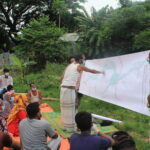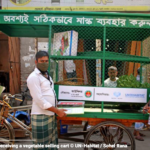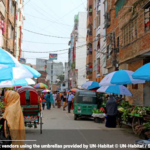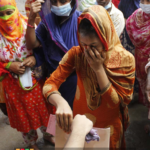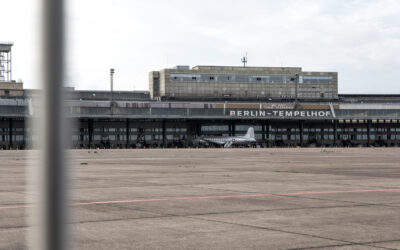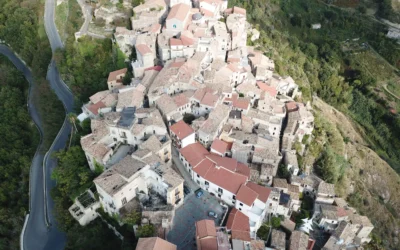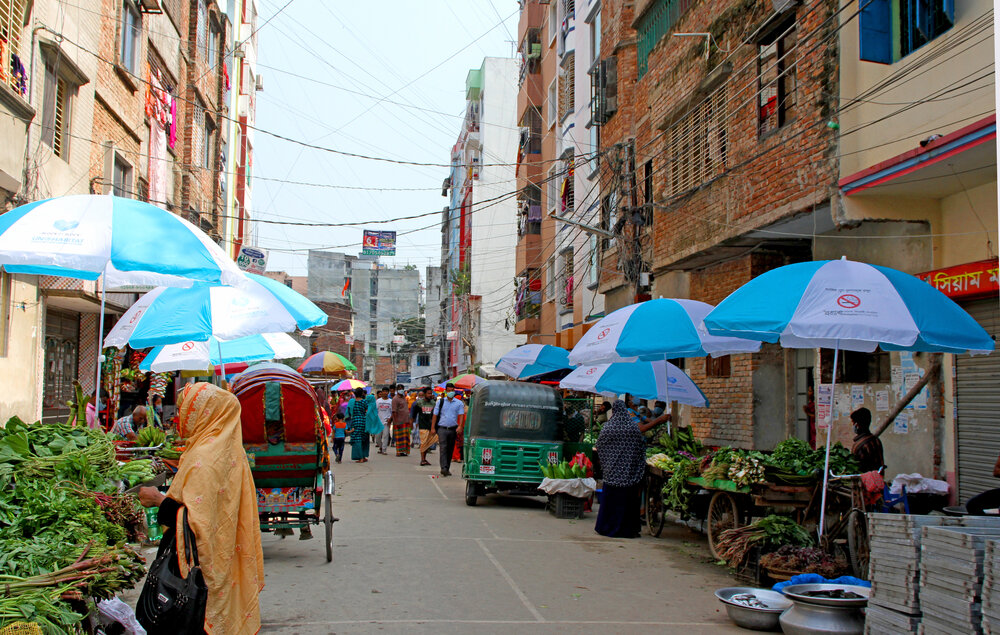
The COVID-19 pandemic has drastically changed all of our relationships with public spaces. While we’ve witnessed how critical shared spaces are to our mental and physical health, the lack of access in inner cities is disproportionately hurting the urban poor, which is threatening the economy, safety, and stability of cities worldwide. In times of community need, public spaces are vital as flexible, shared resources for cities.
Poor families are some of the most affected in the pandemic, many of whom depend on public space to earn a living. Over 60% of urban employment in Africa is considered to be in the informal sector. Informal workers produce goods and services that are essential to the functioning of the economy. During a lock-down, it is therefore important to provide a space to allow street vendors to operate. Streets can be adapted to provide space for vendors at a sufficient distance from each other to sell their wares. Cities could also provide basic protective gear, such as masks, to allow vendors to continue to earn a living.
This is the case of the project supported by UN-Habitat in Dhaka and Khulna in Bangladesh, and a similar one has been made as well in Kisumu (Kenya). Millions of people live in Dhaka’s informal settlements and work in the informal sector. Besides lacking basic services and job security, the urban poor lack access to nutritious, safe, and affordable food. The ongoing COVID-19 pandemic has intensified the vulnerabilities of low-income urban dwellers. Due to the work stoppage during the lockdown, urban dwellers who survive on daily wages now do not have enough food and other necessities. The aim of the project was to provide immediate livelihood support to the extreme poor who lost their jobs due to the pandemic and to promote health and safety measures among customers and vendors in open and street markets.
In the wake of the Covid-19 emergency, the project improved the life both in Dhaka city, providing vendors of umbrellas to protect them form the sun besides security systems to protect them from covid-19. Moreover UN-Habitat provided population that live in slums with seed and a specific training to start vegetable farming along the river. This is one of the way in which in some regions the reactions to the pandemic had led to solutions that improved life even after the emergency.
Recommended by Jose Chong
Sources:
https://www.blockbyblock.org/projects/covidresponse/bangladesh
https://unhabitat.org/sites/default/files/2021/02/final_annual_report_2020_interactive.pdf
